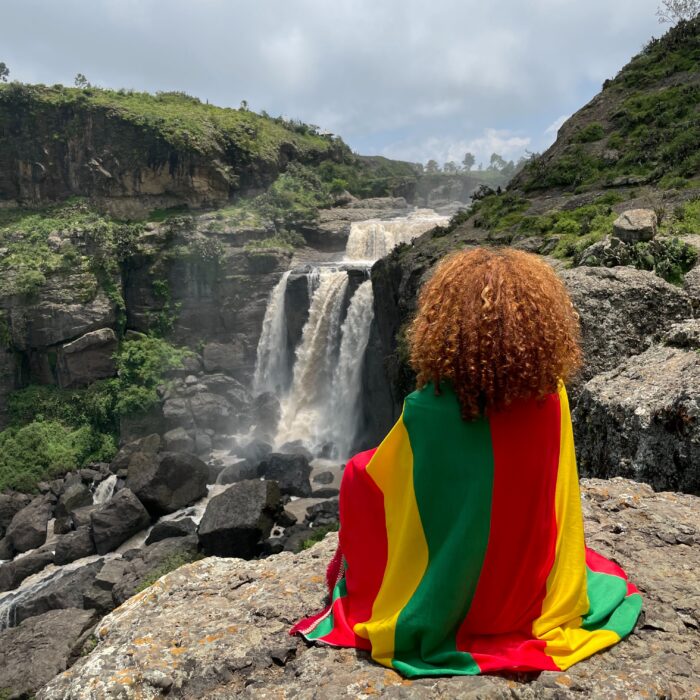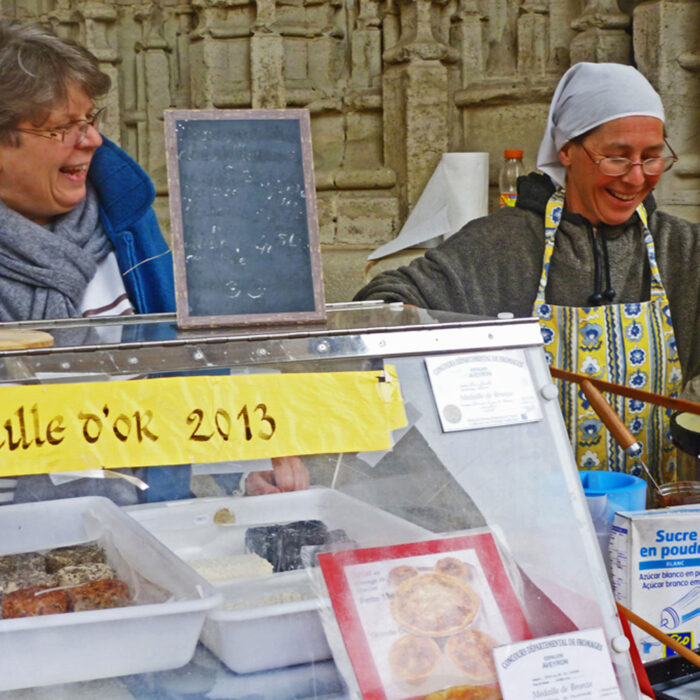You have no items in your cart. Want to get some nice things?
Go shopping
You may think it’s rural, wild or too slow, but Newfoundland is a rough gem; miles and miles of virgin lands, fir trees that surround the small towns sprinkled around the Peninsula. I swallow mouthfuls of fresh air as native “Newfies” look on, hardly phased by my enthusiasm. With arms wide open, I absorb positive ions released into the air. The supposed itch tends to lead me to unusual places, however, my other excuse is that I am currently writing a novel that uses Newfoundland immensely, particularly St. John’s and Corner Brook. What better way is there than being in direct contact with the land that is your novel setting? From cities rising on seemingly precarious slopes to wild winds thrashing against the already aged infrastructure; the charming little houses close to one another, each one possessing a distinct demeanour. Finally, I have longed for nature, ever since growing up in the city; a first encounter with the dry savannah of rural Zimbabwe awakened a whole new world. A oneness with nature as I retreated into a solitary, untamed space. St. John’s, like rural Zimbabwe, is rather as untamed as they come, a city that retains its heritage and the freshness of its natural habitat.
Brightly Coloured St. John’s
Losing oneself in downtown St. John’s is stimulating although walking involves a rather steep and downward trek. The houses that line the streets are coloured brightly and pop out of the surrounding terrain especially after the dreariness of Calgary (I’m sorry Calgarians to have downplayed the city but the lack of foliage and vegetation is a lacking in it is entirety). St. John’s is the oldest city in Canada so the houses are reflective of an era gone by; you may even think that you’ve been thrust into a rural Irish town or you had time travelled to the 1900s. On a summery and breezy day, one may wander down to the waterfront where you stand minuscule and spellbound by the gargantuan ships that dominate the harbour. I am perpetually inspired by Newfie heritage and culture, so those creative juices or ideas for a first draft for a writing piece or an explosive drawing tend to come easily. The added bonus about the East coast is that creativity comes in various ways – it spills over into your clothing, splashes of vivid colours are the norm here; say goodbye to black dreary dressing!
Further up North, the battery neighbourhood lies on the Harbour, originally set up as a defence for both the World Wars. Quaint little houses occupy the setting, originally built on the slope of Signal Hill, another sublime space, where one can view the entire city. Signal Hill stands prominent and majestic, jutting out into the sea, and from this strategic point, one can gaze into the distance, the buildings are vivid spots layered upon each other, finally evanescent. Inspiration bubbles over in every corner of this city. You might even feel like a kid in a Candy store because you definitely don’t need opium to get your high as poets did in the 1700s. All you need is to step out from your living room and find a trail!
West Coast Newfoundland
On the west coast of Newfoundland, one can immerse themselves in the trails that surround the town of Corner Brook; though smaller than St. John’s, one of the highlights of Corner Brook is its ski hill (Marble Mountain) situated 30 minutes away from the city. Reaching the heights of this mountain is like facing an overwhelming presence of some unknown force, you literally experience an awakening, every worldly worry is brought to rest, every sad or happy thought is encapsulated into one moment. Strangely, I used to be afraid of heights. On a school camping excursion, I hung onto the highest rock, my body felt disconnected and my chest felt as though it would burst open as my heart pounded each time I glanced down the precarious cliff.
It was on Marble Mountain that I met with my fears, I began on a gentle slope and was the only black gal for miles on the slope, not knowing what feat I had brought upon myself, and yet being surrounded by the snow slopes was soothing, invigorating and effortless.
Such moments are imprinted in my mind with such clarity, being on the mountain, I forgot about assignments, boyfriends, the future, and remembered to be present in the moment. I felt another presence bigger than I was, similar to God perhaps, some supernatural force. The experience itself is much like making art or writing a story, you forget about everything and you arrive at one particular moment or feeling. There is a stillness that the city of Corner Brook possesses, you are sub-consciously aware of every minute detail. From the powdery snow falling outside your chalet to a pint of Irish beer and the loud bursts of a drunken soul are palpable in a pub; you instantly stop and observe. As for the trails, they are embedded within the city, in fact on stepping out of your den, you are likely to stumble onto a silent pathway leading to a rippling river or into the dense forest area.
The quote used by writer Vineetha Mokkil embodies the feeling of embracing unknown places: Henry David Thoreau famously wrote, “I went to the woods because I wished to live deliberately, to front only the essential facts of life, and see if I could not learn what it had to teach, and not, when I came to die, discover that I had not lived.” Like Thoreau, I want to look back at a life of wanderlust, of adventure, and carefree zeal fused into places such as Newfoundland; to remember how life oozes from the environments we choose, and how we converge with nature, finally becoming one with it in the end as it were meant to be.
About Wandai Mungoshi
Wandai Mungoshi is originally from Zimbabwe, and is an English and Political Science Student at Memorial University, Newfoundland. She is also a bookworm who will read just about anything from Homer's iliad to African Literature.




